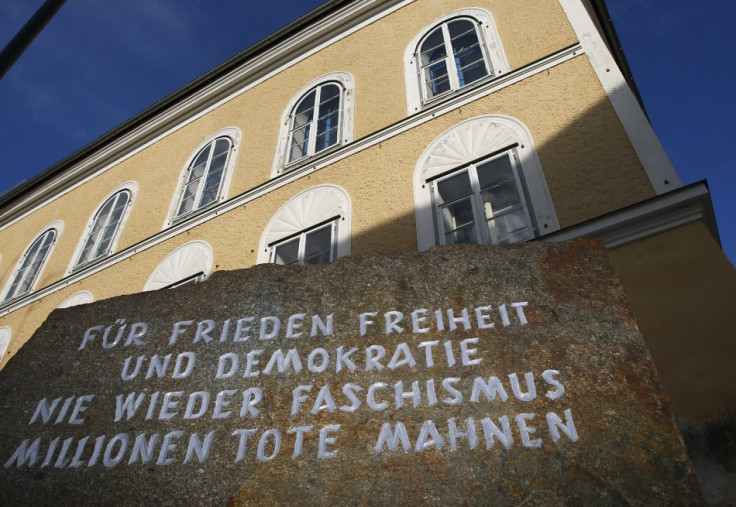Adolf Hitler’s Birthplace Could Become Immigration Aid Office

The house in which Adolf Hitler was born could be turned into an office for helping the integration of immigrants.
Austrian charity Volkshilfe - In People's Aid - plans to sublet the property in Braunau am Inn, where the Nazi leader was born in 1889, to open an integration office.
If the plans are approved, language courses and other social activities for migrants will be held in the Gasthaus zum Pommer building.
"It would be a great signal to have a social institution there," The charity's head, Karl Osterberger, told The Kurier newspaper.
The Gasthaus zum Pommer has been leased by Austria's interior ministry since 1972, but has lain empty since 2011, having last been occupied by a workshop for the mentally and physically handicapped.
The future of the villa has become a major concern for the inhabitants of Braunau, a small town close to the German border.
In November Frantz Klintsevich, a member of Vladimir Putin's United Russia party, vowed to buy the building from its owner Gerlinde Pommer and then destroy it "demonstratively".
"Everything that is connected to fascism should be wiped off the face of the earth. No one should even know that place ever existed," Communist party MP Vadim Solovyov said when Klintsevich's plans were announced.
The building has become a pilgrimage destination for hundreds of neo-Nazi fanatics, whose presence Braunau-am-Inn mayor Hannes Waidbacher could do without.
The mayor would like to make flats out of the building to erase any legacy of Nazism from his town, and opposes projects by the Green Party and historians who would like to see the building turned into a Holocaust museum or an educational House of Responsibility.
Hitler spent his first two weeks of life in the Gasthaus zum Pommer building, before moving to another part of the Austrian town near the German border.
He and his family left the town on the banks of River Inn to settle in the German city of Passau when the future dictator was three years old.
"Braunau has done much to process its history over the years. It is not necessary to build a Holocaust museum in the house as some have suggested," Waidbacher said.
"Braunau as a town is already stigmatised enough. Hitler spent only three years of his life here, and they were certainly not the most formative years of his life."
© Copyright IBTimes 2024. All rights reserved.






